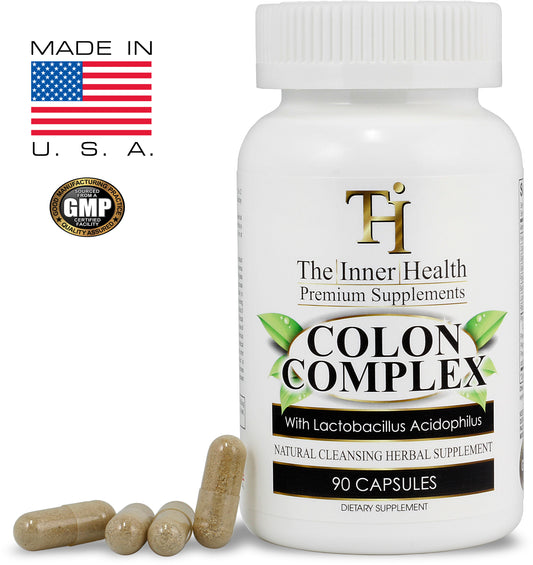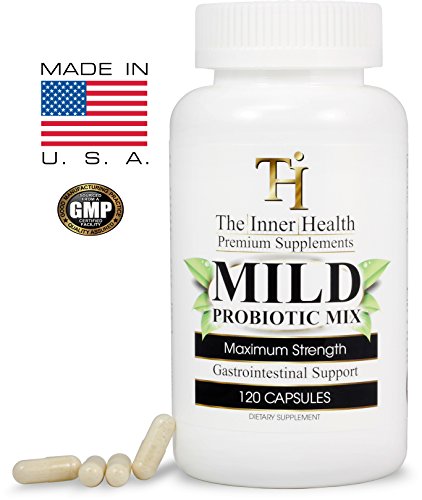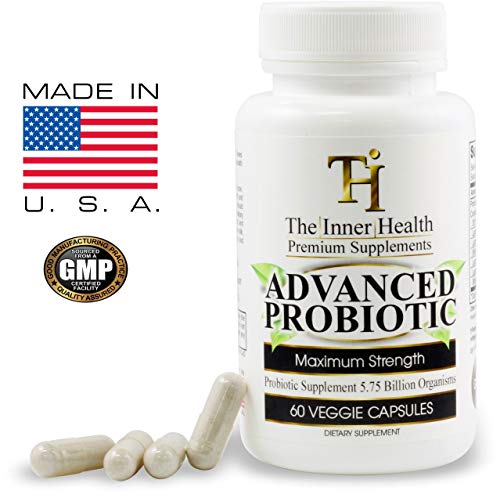Peanut butter can be a nutritious addition to your diet, offering a substantial energy boost and easy-to-digest protein. However, not all peanut butter products are created equal in terms of health benefits. So, what makes the healthiest peanut butter, and how does its calorie content and health benefits compare to dairy butter?
Choosing the Healthiest Peanut Butter
It's important to note that the healthiest peanut butter is natural, containing no added sugar or other substances, with perhaps a small amount of salt. The primary ingredient in these products should be peanuts. In 100 grams of peanut butter, you'll find:
- 597 kcal;
- 22.5 g of protein;
- 57 g of fats;
- 22 g of carbohydrates (including 5 g of fiber).
Unhealthy additives often found in commercial peanut butter include various vegetable fats, trans fats, and sugar, which can degrade the quality of both the product and the peanuts used.
Peanut Butter for Weight Loss
Despite its high-fat content, peanut butter consumed in reasonable amounts can be an integral part of a weight loss diet. More than half of the fats in peanut butter are oleic acid, a monounsaturated fatty acid considered beneficial for health.
Peanut butter, unlike dairy butter made from cream, is far less harmful due to its low content of unhealthy saturated fats. However, this only applies if consumption is kept in moderation – substituting a block of dairy butter with a jar of peanut butter could lead to quicker arterial blockage.
Peanut Butter's Popularity in Healthy Eating
Peanut butter is often found on shelves in health food stores, and many producers use various organic and eco-certifications. It's also recommended for athletes and those leading an active lifestyle due to its high protein content. Peanuts belong to the legume family, the richest plant-based protein source.
Interestingly, a large study involving nearly 400,000 individuals over nearly a decade found that high nut consumption (including peanut butter) reduced the risk of developing obesity by 5% and showed an effect in reducing weight gain. However, these findings apply to the group with the highest nut consumption, which might be more attentive to diet and healthy lifestyle choices.
Daily Consumption of Peanut Butter
If limited to two tablespoons in oatmeal or on sandwiches as part of a healthy and balanced diet, peanut butter can be consumed regularly, even daily, by healthy individuals without medical contraindications, such as allergies.
A 2021 analysis stated, "The prevalence of peanut allergies has increased 3.5-fold over the past two decades, reaching 1.4-2% in Europe and the United States." This means the issue affects one in fifty teenagers. Other studies indicate that among adults and seniors, allergy symptoms occur in one out of 200 individuals.
Nutritional Content of Peanut Butter
In addition to the macro-nutrients mentioned earlier, peanut butter provides a range of other nutrients, some in very large amounts. For example, 100 grams of peanut butter contains:
- Magnesium: 169 mg (37% of daily requirement);
- Phosphorus: 330 mg (47%);
- Potassium: 564 mg (19%);
- Zinc: 2.54 mg (23%);
- Copper: 0.42 mg (56%);
- Manganese: 1.68 mg (65%);
- Selenium: 4.1 µg (7%).
In addition to minerals, peanut butter is also rich in vitamins, particularly niacin (vitamin B3), with 100 grams providing over 80% of the daily requirement. This same amount also contains vitamin E (60%) and vitamin B6 (29%).
However, it's important to remember that 100 grams of peanut butter also contains nearly 600 kilocalories, so other foods, especially vegetables and fruits, should satisfy most nutrient requirements.
Despite its calorie content, peanut butter, when consumed in moderation, has been linked to beneficial effects on the cardiovascular system and blood sugar regulation.
Undoubtedly, peanut butter can be a healthy and valuable addition to your diet, but it's often hard to stop at just one more spoonful.
For those with strong willpower, especially those seeking a high amount of easily digestible protein, it can be an ideal choice.
Sources: www.pubmed.ncbi.nlm.nih.gov/28733927/; www.ncbi.nlm.nih.gov/pmc/articles/PMC8477625/;
www.ods.od.nih.gov/factsheets/Phosphorus-HealthProfessional/





